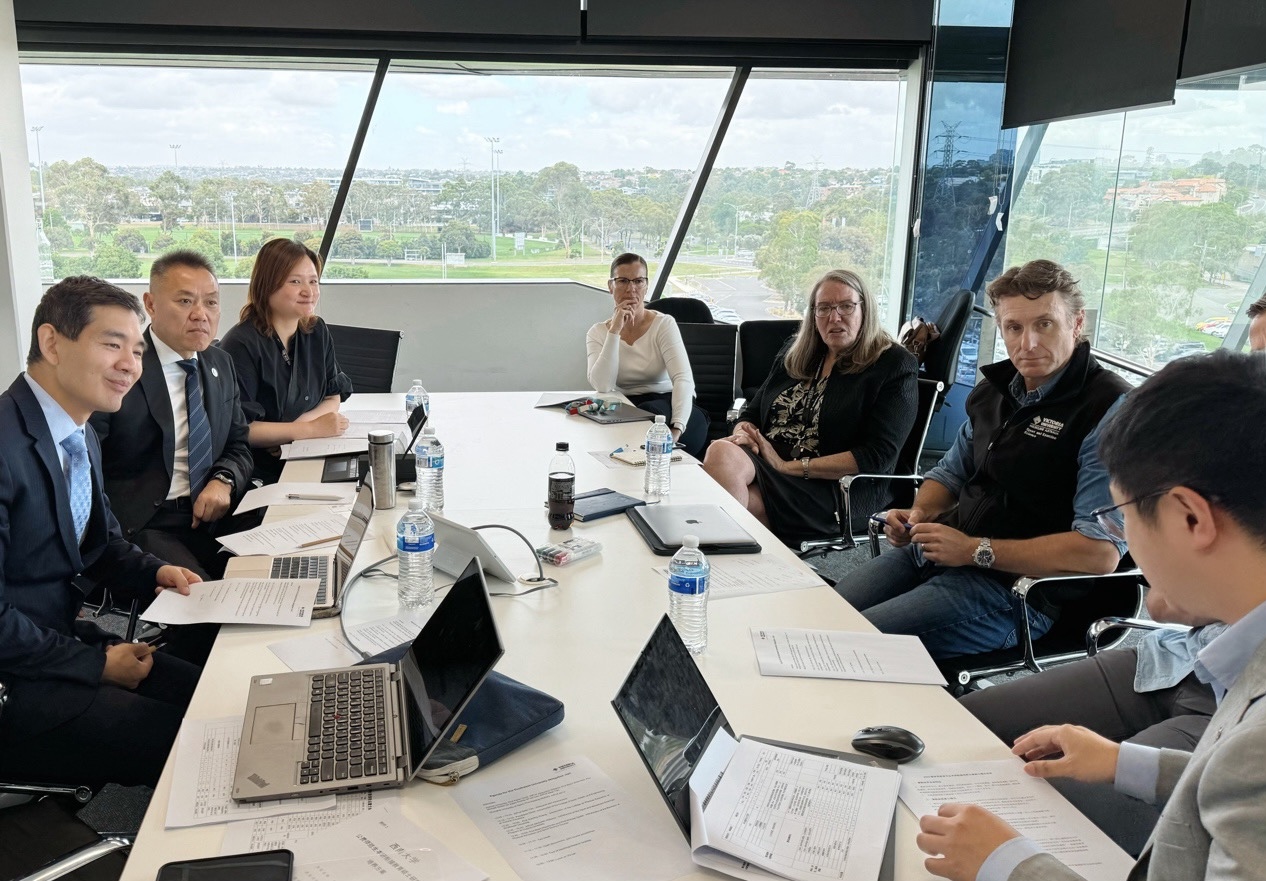As the second phase of the ACTIVE Project, the leadership of the School of Physical Education at Southwest University, one of the Chinese partner universities, has initiated a return visit to Australian partner universities. This visit aims to deepen collaboration, promote joint research, and facilitate academic exchange.
Professor Huang Xiaoling from the School of Physical Education at Southwest University Visits Victoria University
During the visit, Dean Huang met with Professor Karen Dodd, Executive Dean of the Institute for Health and Sport at Victoria University, as well as relevant program directors and representatives from VU International. They engaged in in-depth discussions on topics such as joint programs, research collaboration, and student exchange, achieving significant breakthroughs (see Figure 1). This meeting laid a solid foundation for future in-depth cooperation between the two universities in the fields of sports science and health.
Additionally, Professor Huang attended the Australian Open, where he watched the match of Zhang Zhizhen, China’s No. 1 men’s tennis player, and expressed keen interest in the performance of Chinese athletes on the international stage (see Figure 2).
During the visit, Professor Huang met with the Dean of Victoria University, heads of relevant programs, and representatives from VU’s international office. They engaged in in-depth discussions on joint academic programs, research collaboration, and student exchange, achieving significant breakthroughs. This meeting laid a solid foundation for future in-depth cooperation between the two universities in the fields of sports science and health. Additionally, Professor Huang attended the Australian Open, where he watched the match of China’s top male tennis player, Zhang Zhizhen, and expressed keen interest in the performance of Chinese athletes on the international stage.
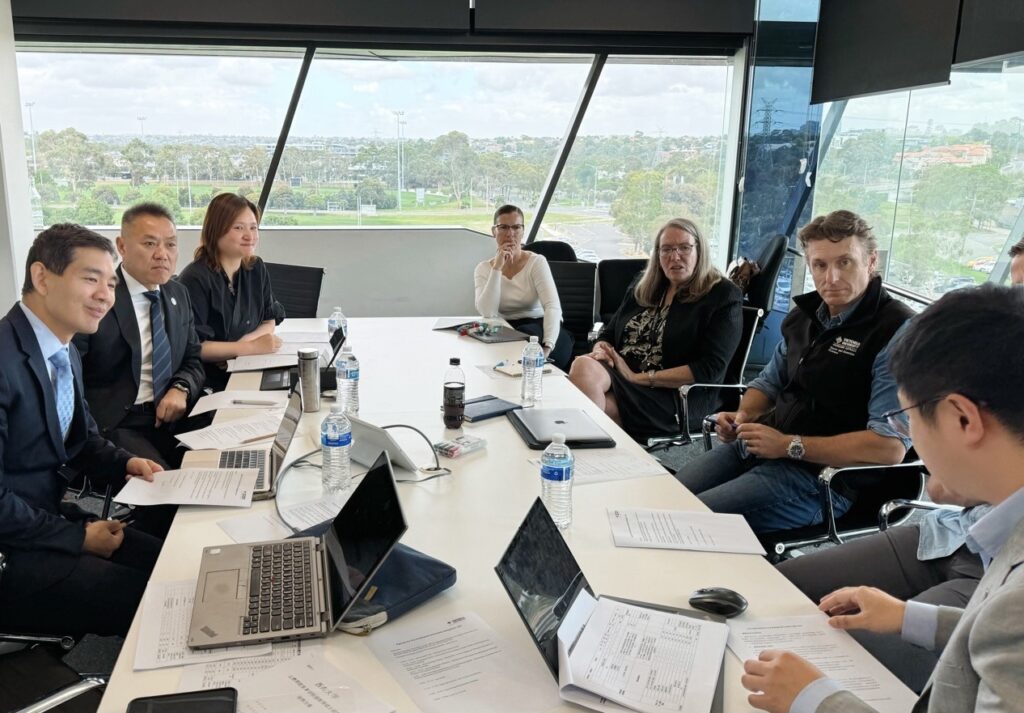
Figure 1: Professor Huang Xiaoling, Dean of the School of Physical Education at Southwest University, meeting with Professor Karen Dodd, Executive Dean of the Institute for Health and Sport at Victoria University.
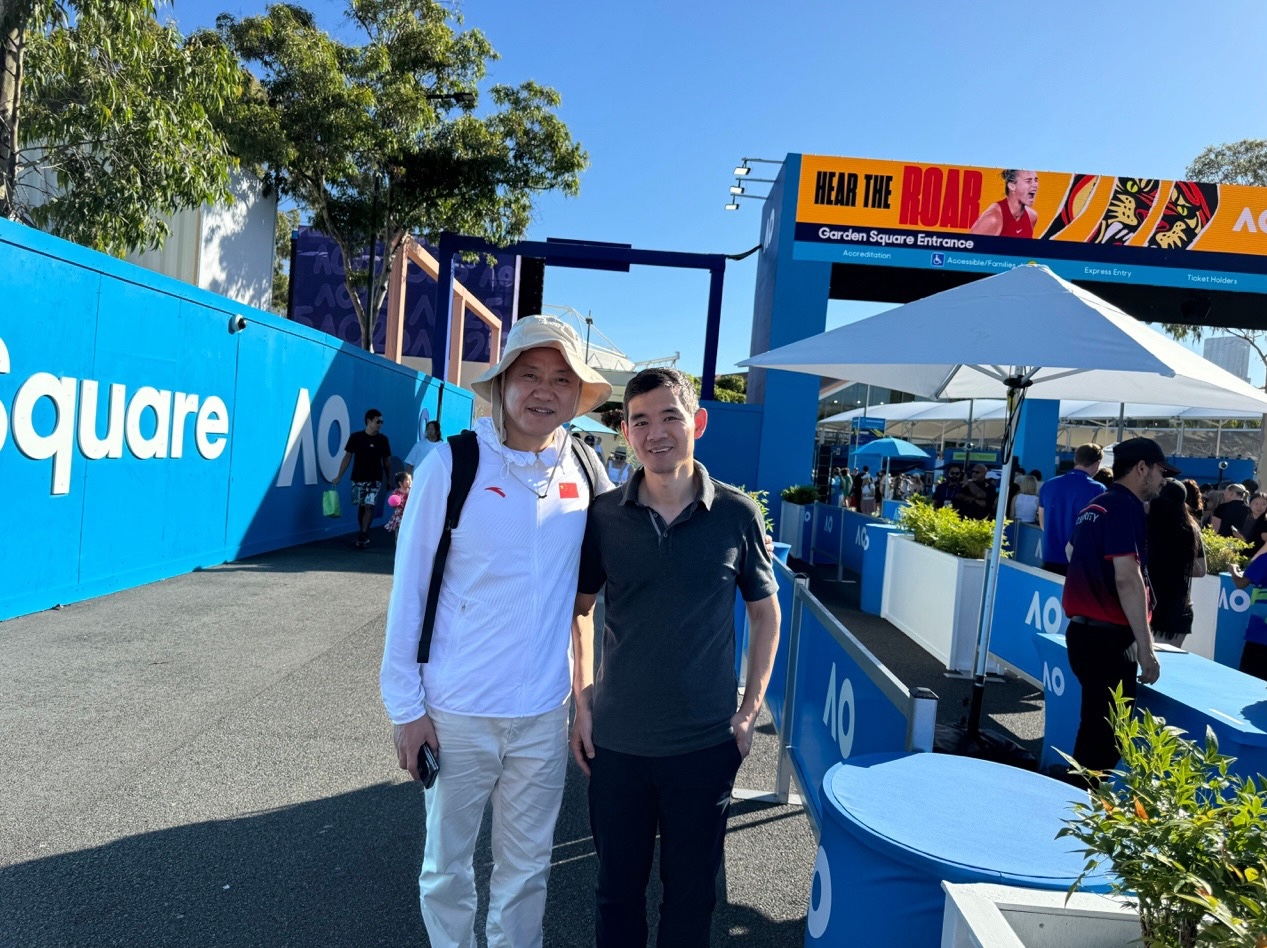
Professor Liu Zheng Visits Monash University’s Australian Regenerative Medicine Institute
On February 4, 2025, Professor Liu Zheng, Vice Dean of the School of Physical Education at Southwest University, traveled to Australia to visit the Australian Regenerative Medicine Institute (ARMI) at Monash University(Figure 3). During the visit, Professor Liu engaged in in-depth discussions with Professor Nir Eyron and toured the laboratory he leads (figure4). The ARMI laboratory focuses on research in epigenetics, aging, and exercise responses, aiming to uncover molecular mechanisms related to healthy aging and exercise.
Professor Liu expressed high recognition of ARMI’s research in regenerative medicine, sports science, and healthy aging, and looks forward to future collaboration with Monash University in related fields. Both parties agreed that by sharing research resources, jointly training graduate students, and conducting interdisciplinary collaborations, they can advance Australia-China cooperation in sports science and regenerative medicine.
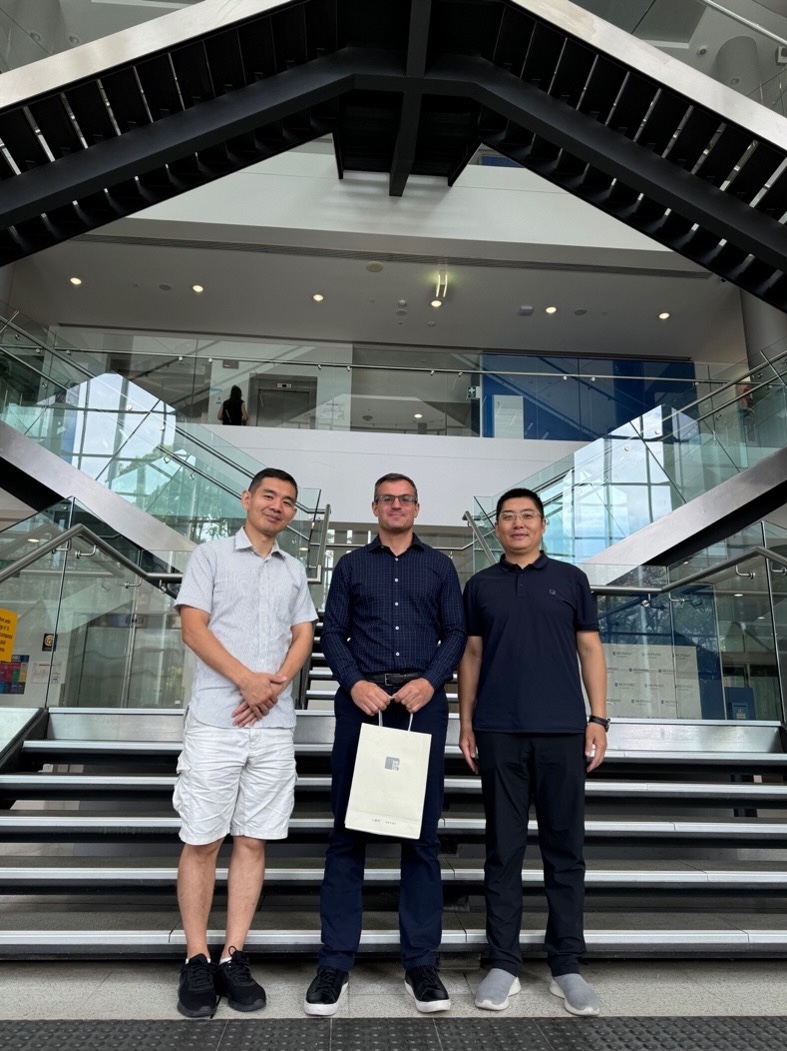
Finally, the scholars gave special lectures and interacted with the graduate students on site.
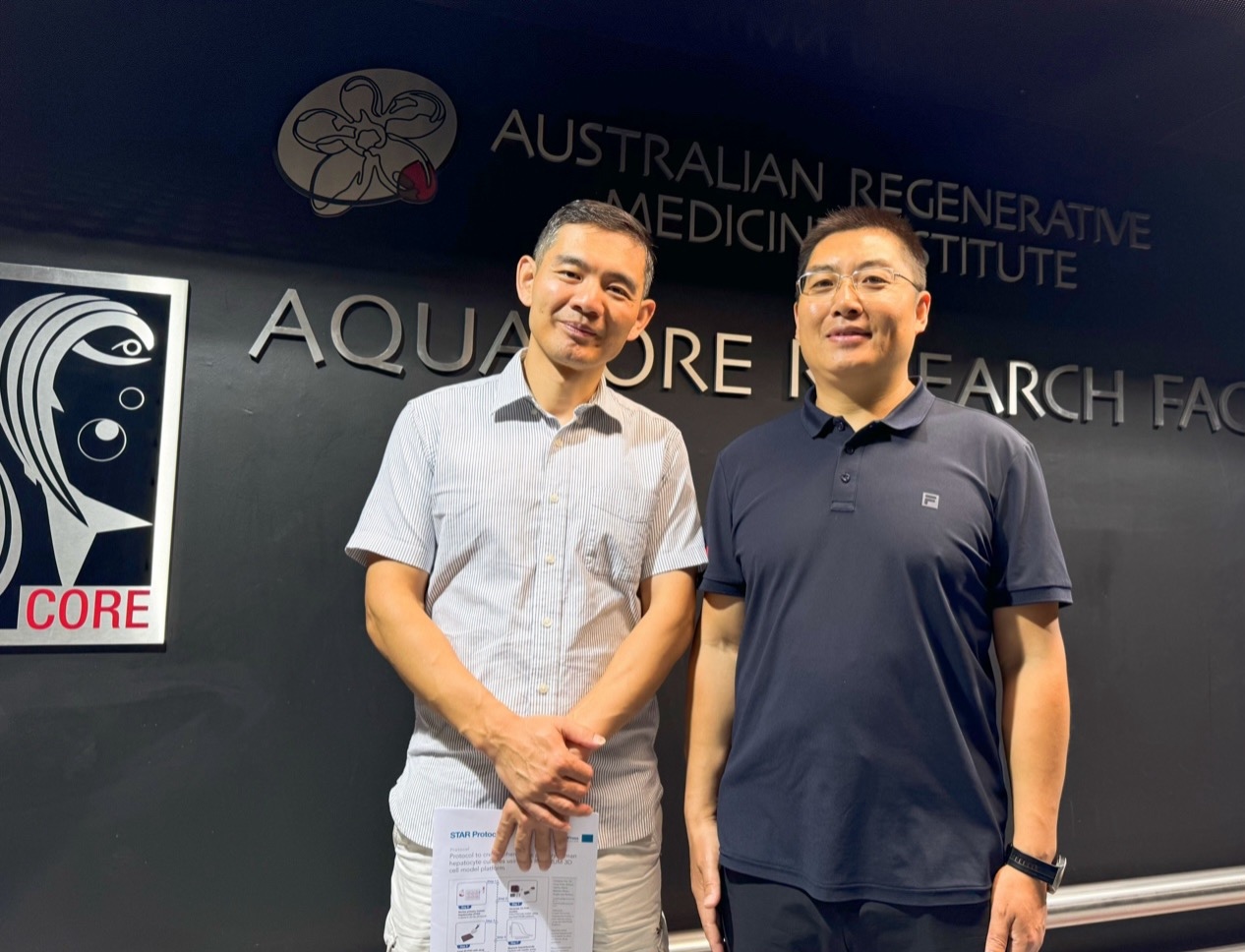
This visit has further strengthened academic exchange between Australia and China in the field of sports science, laying a foundation for future research collaboration and talent development. The ongoing advancement of the ACTIVE Project will build closer academic bridges between the two countries, jointly promoting the development of sports science and health research.

